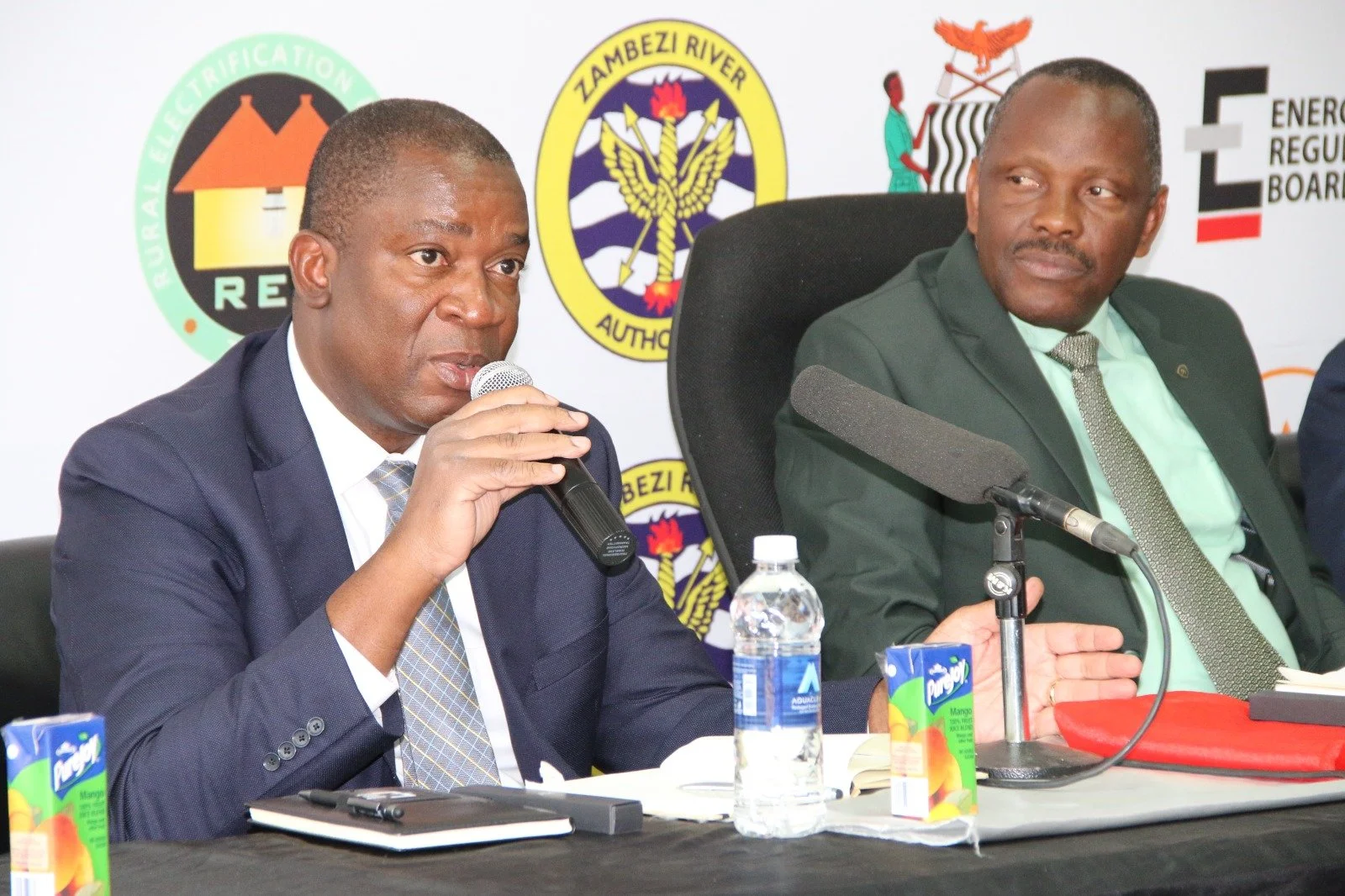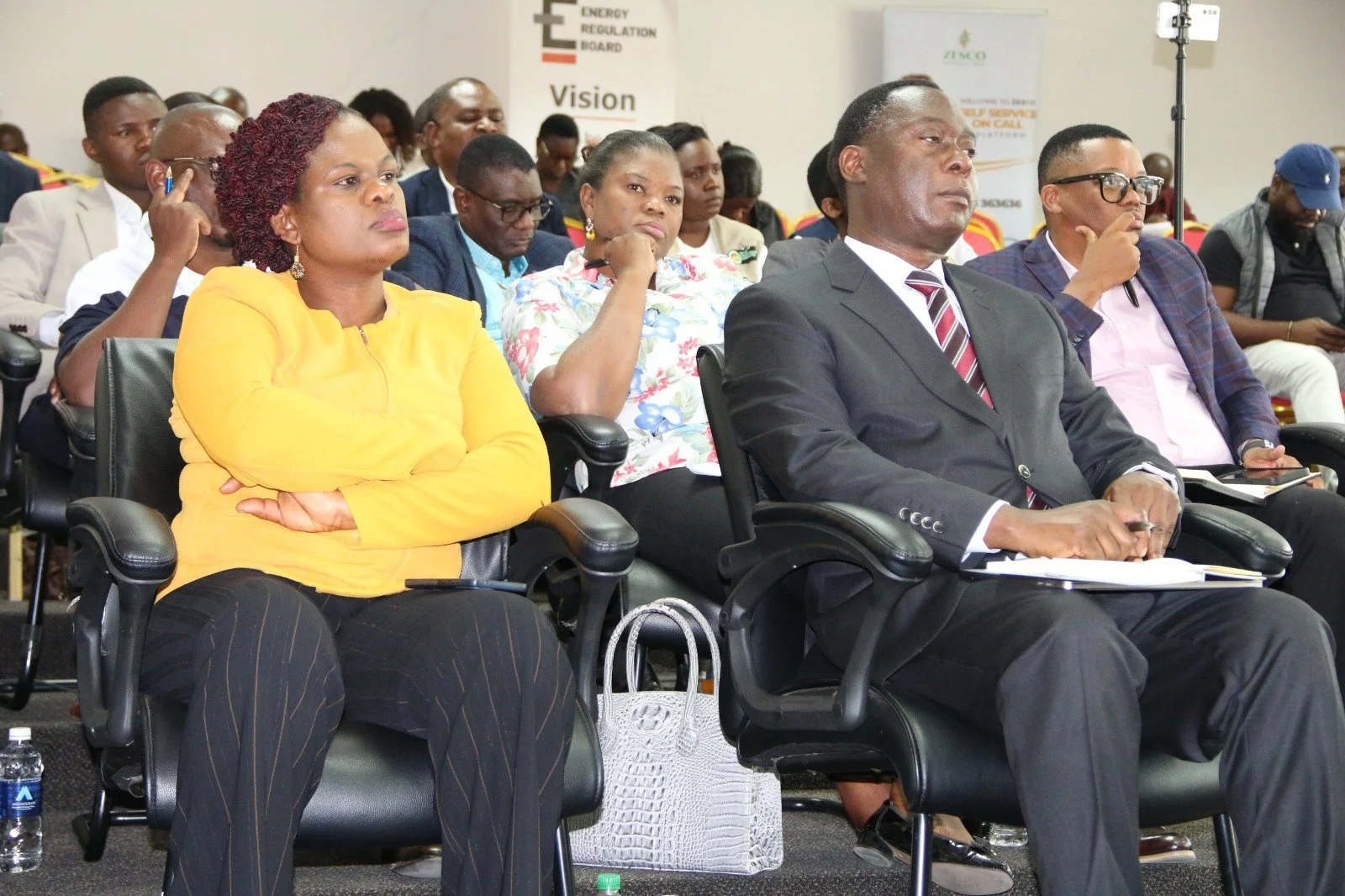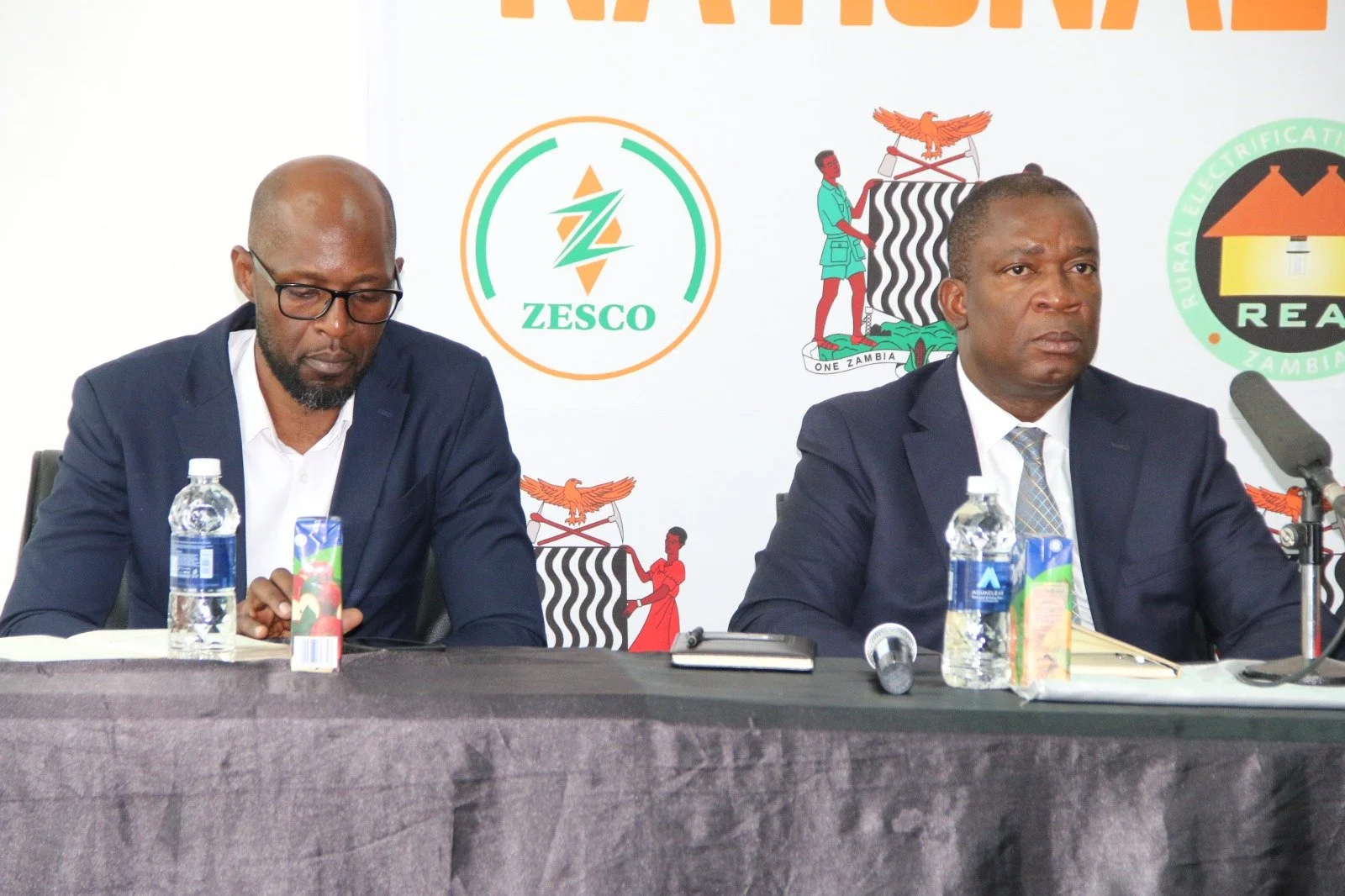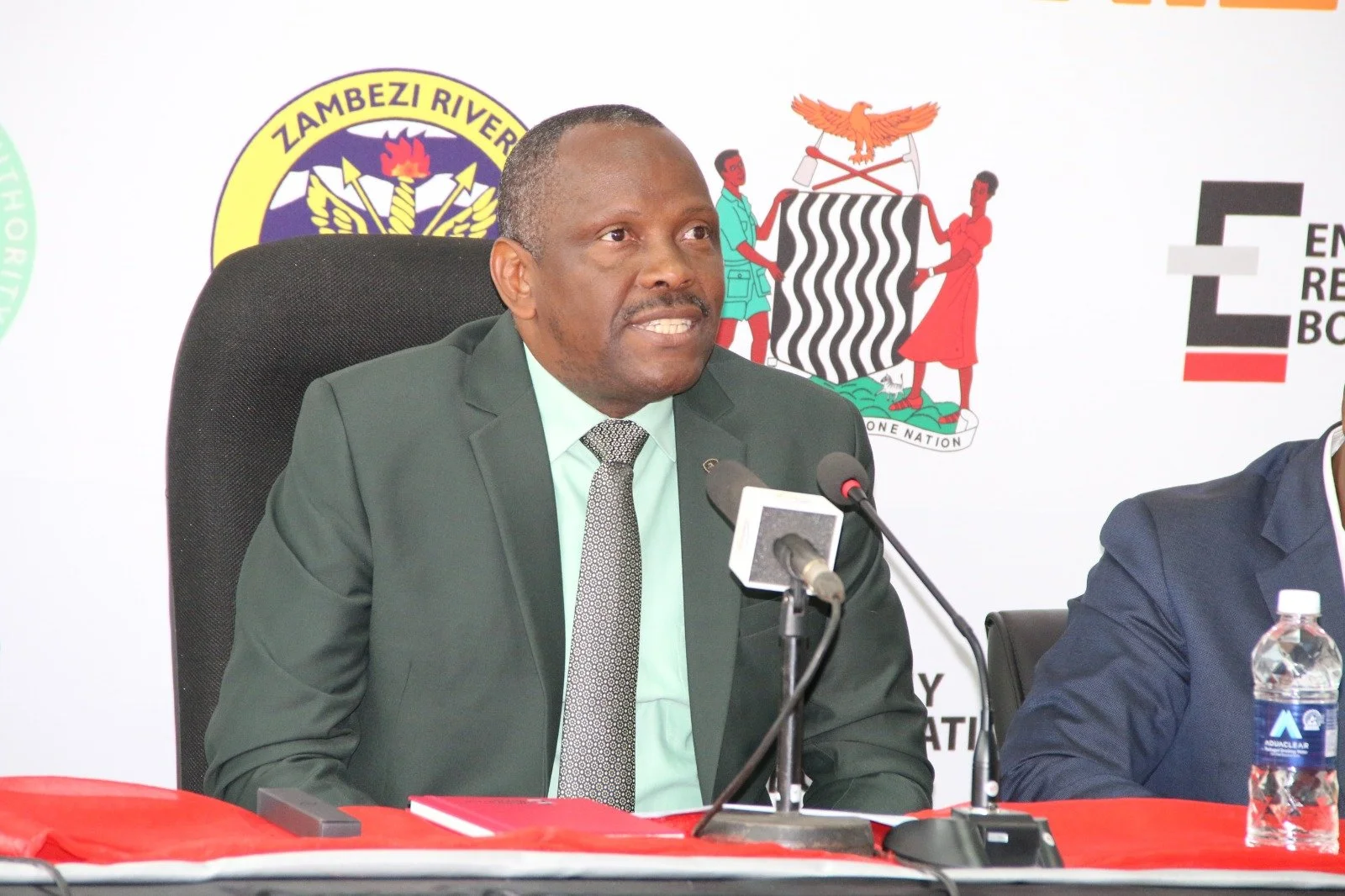Government to Create Cheaper Tariffs For Low Energy Users
Minister of Energy Hon. Makozo Chikote MP announced today that his ministry will consult with ZESCO on reforming the electricity tariff system so that customers who use less amounts of electricity are charged less per kilowatt- hour as compared to customers who use more electricity.
Speaking at the weekly update on the national energy situation in the country, Hon Chikote said, “Government is consulting with various stakeholders to design a tariff mechanis that allows the utility to recover its cost during the drought response period. The government is aware that 730,000 low-income citizens represent 56% of ZESCO customers who consume not more than 200 kilowatt-hours per unit.”
The minister explained that the tariff system will require reform once the country exits the acute phase of this energy crisis. Currently, ZESCO is purchasing electricity for as much as $12.6 US cents per kilowatt-hour and charging customers the national standard of $4.1 US cents per kilowatt-hour.
This deficit will need to be recouped in the long run, however Hon. Chikote was clear that big energy users in residential consumption categories – would be expected to pay more for each kilowatt-hour they consume more than allowable thresholds, allowing those with the broadest shoulders to carry the heaviest burden.
The weekly energy update took place at the Energy Regulation Board’s (ERB) offices in Lusaka. Also present were representatives from ERB, ZESCO representatives from civil society, church mother bodies, and members of the press.
During the update, Hon.Chikote advised that available power generation for the past week remained at 890 megawatts, with demand stable at 2,400 megawatts. This results in a national deficit of 1,510 megawatts. ZESCO is currently importing 496 megawatts from neighbouring countries, resulting in a net deficit of 1,014 megawatts.
The Minister explained that ZESCO is in negotiations for further power imports to support vital sectors of the economy, including mining, manufacturing, and SMEs. 168 megawatts have already been secured from South Africa’s state power company ESKOM and a further 50 megawatts from the Southern Africa Power Pool (SAPP) is under negotiation and expected to flow from 21st August.
Further updates include:
Load Shedding
Water levels at the Kariba Dam remain critically low with only about 10% of usable water available for power generation. This is expected to increase the power deficit by 300 megawatts.
Inevitable, scheduled maintenance at Maamba Collieries is expected to cut a further 135 megawatts from the national grid during September.
ZESCO has advised that power rationing hours will need to extend to 17 hours daily from 1 September 2024. Net Metering
The Ministry has reported growing interest from the public to take part in net metering. This allows energy customers who produce electricity from solar panels to export some of their excess power back to the grid in exchange for a credit towards their bills.
ZESCO has published a list of equipment approved for participation in net metering on their website.
The ERB has approved step-by-step guidelines for net metering to ensure transparency and equity.
Off-Grid Solar Projects
The Rural Electrification Authority (REA) has completed three more solar mini grids in August, reducing the burden on the national grid and allowing communities to have a more stable power supply. These sites are:
The 60-kilowatt MPIDI solar mini grid in Zambezi District, North Western Province.
The 100-kilowatt Chilubi hospital mini grid in Chilubi District, Northern Province.
The 70-kilowatt Chieftainess Mwanya solar mini grid in Lundazi District, Eastern Province.
REA has now completed a total of 13 solar mini grids around the country and is expected to bring more online before the end of the year.
Maamba Phase II Thermal Energy
President Hakainde Hichilema this week officiated a groundbreaking ceremony at the US$400 million Maamba Phase II thermal energy project.
This site is expected to come online in 2026 and produce 300MW of reliable, renewable electricity.
Switch To Save
The Ministry of Energy continues to encourage citizens to reduce their energy usage by following the ‘Switch to Save’ mantra. This means:
SWITCH to gas cooking at home.
SWITCH to solar energy for lighting and electrical appliances where possible.
SWITCH off electrical appliances when not in use to save energy and money.
SWITCH to net metering where possible to save money on your solar investment.
16th August 2024
Issued By the Ministry of Energy




